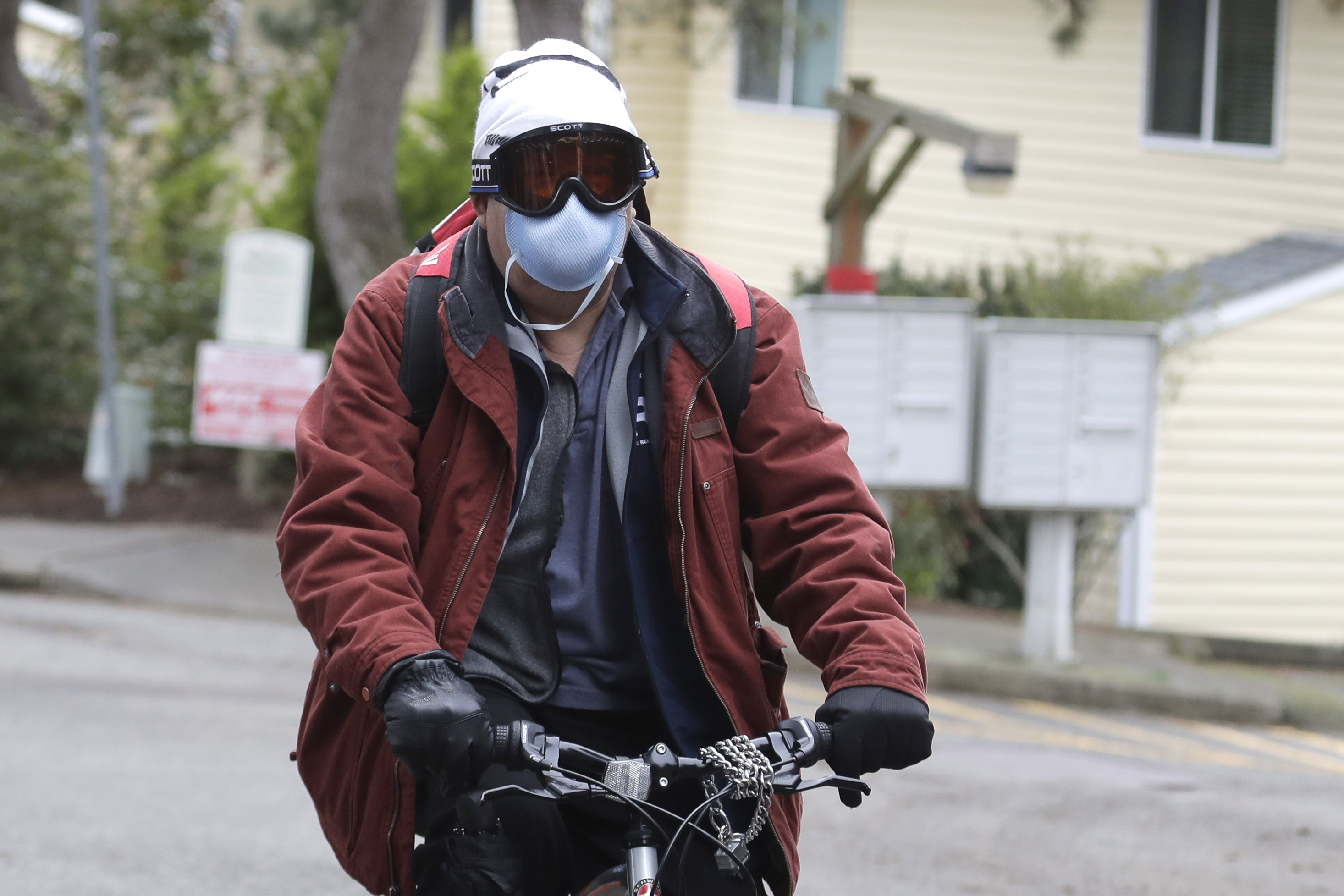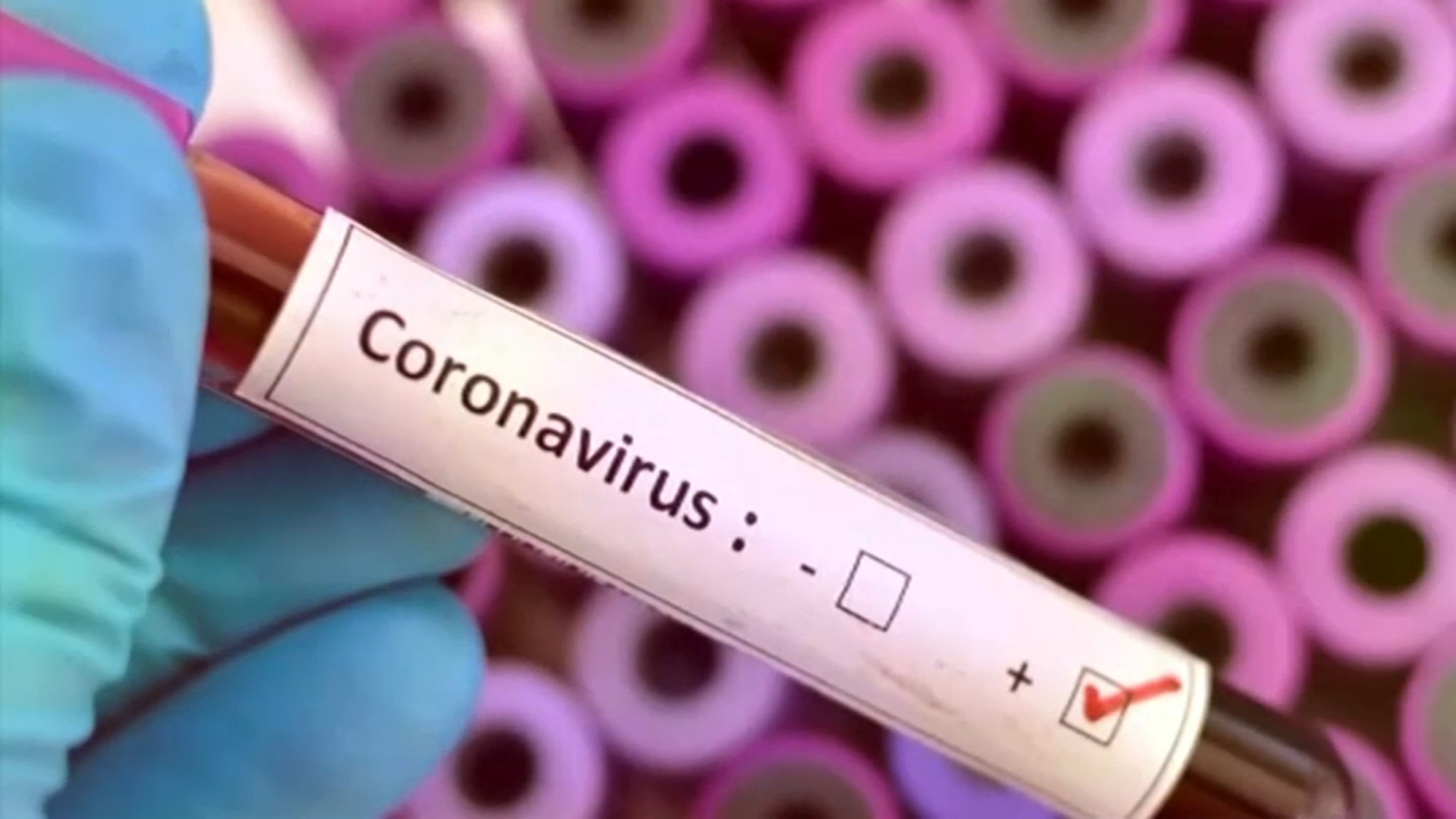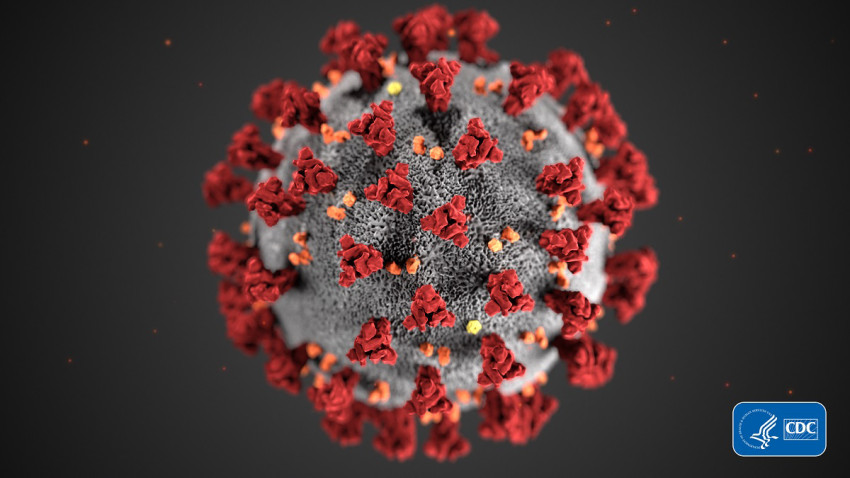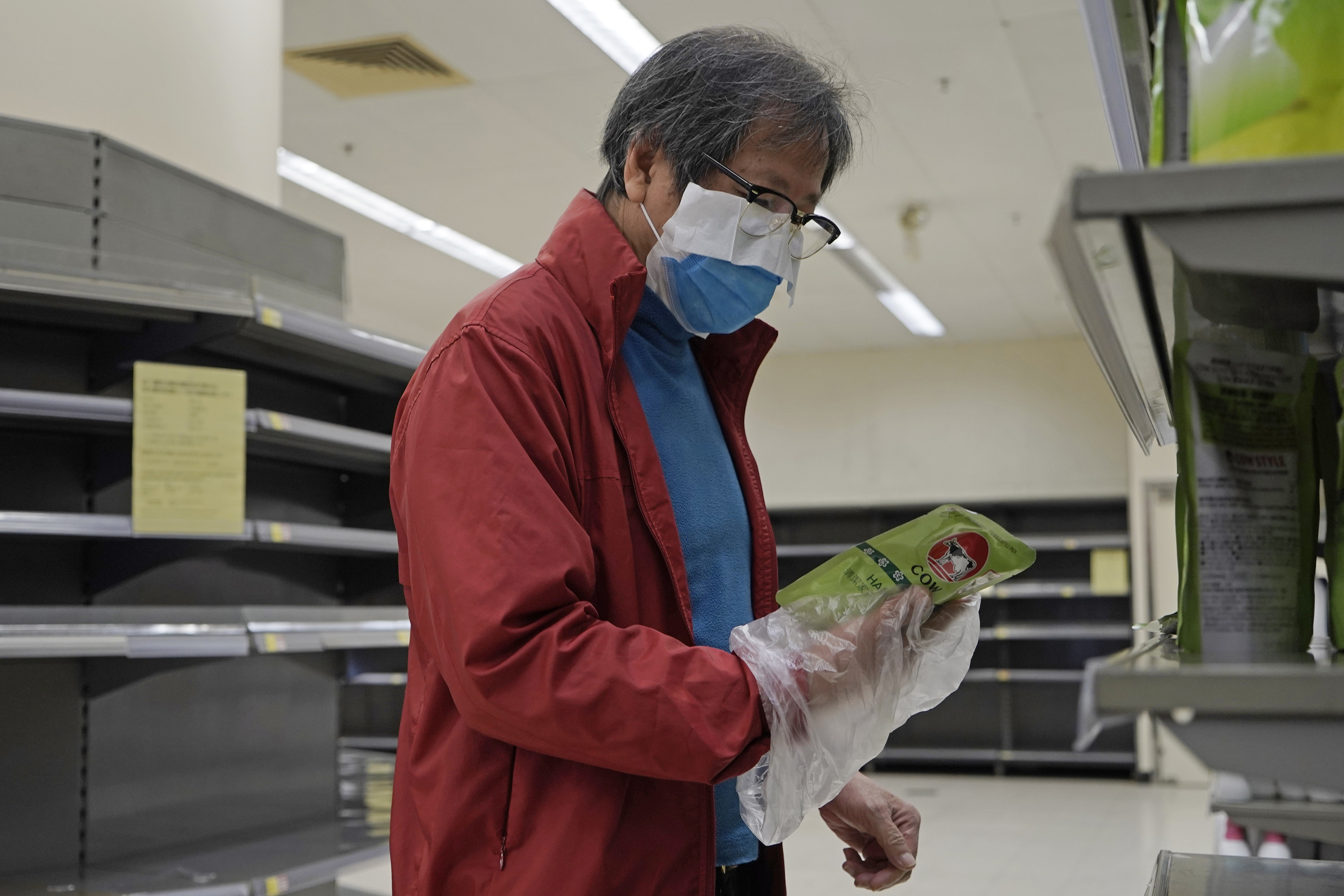On Monday, the Center for Disease Control & Prevention confirmed two cases of the novel coronavirus in Florida, a day after state Gov. Ron DeSantis declared a statewide public health emergency.
The virus, also known as COVID-19, first appeared in Wuhan, China in December of 2019. Since then, it has spread to more than 60 countries and at least a dozen states in the U.S., infecting nearly 90,000 people and killing more than 3,000 patients worldwide.
CORONAVIRUS LATEST
In response to the news, people have been turning to experts to understand exactly what the threat of the virus means for daily life in the U.S., and what steps can be taken to prepare for more outbreaks.
On Monday, Florida International University hosted a question-and-answer session with Dr. Aileen Marty, a professor at the Department of Translational Medicine at the Herbert Wertheim College of Medicine, about whether the U.S. is prepared to handle the crisis.
Confirmed Coronavirus Cases
Worldwide cases: 88,930
Cases in the US: 88
Note: The CDC has not specified where all of the 42 American passengers of the Diamond Princess cruise who tested positive for coronavirus were quarantined in the U.S. This map notes quarantine locations and numbers of cases that have been confirmed from news reports.
Source: WHO, Johns Hopkins University CSSE, NBC News, staff reports
Dr. Marty is an expert on tropical and infectious diseases, and worked on the front-lines of the Ebola outbreak in 2014 and the Zika outbreak in 2016.
In her conversation with moderator Ileana Varela, Dr. Marty offered tips on how the public should respond to news of the virus as well as explanations on certain terms and phrases related to coverage of the outbreak.
Are people's fears of a "pandemic" warranted?
The feeling of fear and panic that people are experiencing may have to do with the fact that many do not necessarily understand what the word "pandemic" actually means.
Dr. Marty said that although the idea has been turned into "something out of Hollywood," in reality, a pandemic merely refers to the spread of something, whether that thing is mild or severe.
"Anything where there's multiple outbreaks in multiple countries and continents, and it's sustained in the community, as we see happening (with the coronavirus) in Italy, Iran, and various Asian countries, by definition, that's a pandemic, but it shouldn't alarm people," Dr. Marty explained.
"Don't get bogged down on that word."
Instead, what Dr. Marty said people should be concerned with are factors such as how communicable the disease is and what the risks are if a member of the community does become infected.
MORE ON CORONAVIRUS
How ready is the U.S. to handle this outbreak? What does it mean that a public health emergency was declared in the state of Florida?
"There are lots of really well-trained professionals in and out of the public health industry that know the techniques to manage such an outbreak, but we need the political will to get it done and we need the community to help us in our efforts," Dr. Marty said.
"Everyone has to participate, everyone has to be a part of this."
On Sunday, Florida Gov. Ron Desantis declared a statewide public health emergency, directing surgeon general Dr. Scott Rivkees Rivkees to take “any action necessary to protect the public health."
Rivkees subsequently said his department was moving ahead with those plans while “working directly with the Centers for Disease Control and Prevention" at the federal level and with local medical providers.
Dr. Marty said this was great news; according to its legal definition, a public health emergency is what allows officials to release financial resources, train personnel, and gather the equipment and resources necessary during an outbreak.
"It is a very good thing," she said. "They're recognizing that they need to go to wherever the cases are, and prepare."
What does it mean when the media reports on cases of "unknown origin" in the U.S.?
Health officials in California, Oregon and Washington state worried about the novel coronavirus spreading through West Coast communities after confirming three patients were infected by unknown means.
This means that the patients hadn't been to an area where the outbreak was present and hadn't been in contact with anyone who had traveled to such an area.
"We consider these "broken chain" or "out-of-cluster" cases," Dr. Marty said. "It's not spontaneous generation; they clearly acquired it from someone, we just can't tell who."
Who is most susceptible to the disease?
Though Dr. Marty assured that the "acquisition of knowledge" by medical communities around the world has been top-notch since the coronavirus outbreak several weeks ago, there is still much we have yet to learn about how the virus works and spreads.
As of now, we know that age and cardiovascular health are both important factors in how susceptible people are to the disease:
- The older you are, the worse your risk is: by the time you're 80, according to Dr. Marty, the risk of mortality from this disease goes up from 2% to 21.8%.
- People under the age of 18 have a much lower incidence of the disease in general, and those who do become infected from this age group very rarely become severe or critical cases.
- Cardiovascular disease is a higher risk than immunosuppression. People with hypertension, cardiovascular disease or diabetes are high risk for COVID-19.
- Cancer patients are another high-risk group.
- Heavy and long-time smokers are also more susceptible, "no matter what you smoke," Dr. Marty said. Smoking damages cells in your respiratory system designed to help you fight respiratory viruses. "Now might be a good time to quit," Dr. Marty added.
What can Floridians do to realistically prepare?
Airports & travelling
Dr. Marty said that any time you're expected to be within a six foot proximity of other people for more than fifteen minutes at a time, such as when you're on an airplane or a bus, you should bring disinfectant wipes and hand sanitizer to keep yourself and your surroundings clean.
Airports around the country are also expanding health screenings. While Dr. Marty said the effectiveness of these are limited, the questionnaires that they make people fill out can be very helpful.
"What the questionnaires help with is once we identify a case, we already have all the paperwork, and are more quickly able to know where the patient has been and where they're going, so that we can contain this outbreak," she explained.
Thus, cooperating with authorities in filling out these questionnaires is one way the public can take part in federal efforts to contain the virus.
Personal hygiene & cleaning products
Dr. Marty said that standard household cleaning products in general have the ingredients necessary to fight the coronavirus.
"This is an envelope virus, and that envelope is made from our own cells," she explained. "Those cells are sensitive to high levels of alcohol."
Products that have at least 60% or 70% alcohol content are perfectly effective at cleaning those cells off. So one step in preparing for an outbreak is to increase the hygiene of your spaces: at work, at home, and everywhere you travel to.
It's also recommended to touch less things and less people. Avoid shaking hands or any sort of close contact with others. "Handshakes are a no-no," Dr. Marty said.
When washing your hands, make sure you're doing it properly:
- Scrub your fingernails on your palms to get the bacteria out from under your nails. Long fingernails are better at keeping bacteria hidden.
- Ideally, sing the "Happy Birthday" song twice to be sure you've spent enough time washing.
- Pay attention to every finger.
- Don't forget to dry your hands. Dr. Marty prefers using paper towels instead of air dryers, since you can actually dry each finger and use a paper towel to avoid touching the door handle on the way out.
Vaccines & personal health
Dr. Marty noted the danger of "dual infections," or contracting more than one disease in addition to coronavirus. This can increase the likeliness of the coronavirus being fatal, and it can also just be confusing to feel sick but be unsure of exactly what disease you may have.
She recommended making sure you're vaccinated for other respiratory pathogens, like the flu and pneumococcal pneumonia.
Dr. Marty also encouraged paying attention to the basics of maintaining good personal health. Efforts as simple as getting the right amount of daily nutrients could help assure you're at your healthiest.
Face masks & preparation plans
The Center for Disease Control and Prevention has urged the public not to buy face masks, since those are most desperately needed by health workers in hospitals and outbreak centers who make direct contact with patients.
Dr. Marty pointed noted that "If you're just wearing a mask and don't know how to wear it, you might be doing more harm than good. If you don't have goggles, you can still acquire the virus through your eyes. It's a very false sense of security."
She said that you can be just as safe and cautious without wearing a mask, as long as you're alert and remember to pay attention to hygiene. So unless you're someone who falls into a high-risk group and who is going to be around people who may be infected, there's no real need for a mask.
One step families can take to be proactive is come up with a plan in case someone gets infected and needs to be isolated.
"Knowing what you're going to do and having a plan makes things a lot smoother," Dr. Marty said. "Those things need to be determined now, when we still have time to do it easily and reasonably."
She said that schools and businesses should have protocols in place so that education and other operations are able to continue should there be an outbreak.
Will things get worse before they get better?
"It really depends on how we act," Dr. Marty said when asked what she expected for the future of the coronavirus outbreak.
"We need to change our testing criteria. Last week, we didn't allow for the detection of cases acquired in the community (not connected to travel or contact with someone known suspected)... that hides a lot of people."
Dr. Marty explained that 80% of coronavirus cases have been mild, meaning patients required little to no medical intervention.
Currently in the U.S., though officials have now begun testing people in the community, the only cases being tested are those who are severe or critical, so "80% of cases fall through the crack."
"This is a rapidly evolving event with rapidly changing numbers," Dr. Marty emphasized. "We have no certainty of what's going to be going on abroad one month from now, let alone right here (in South Florida)."





